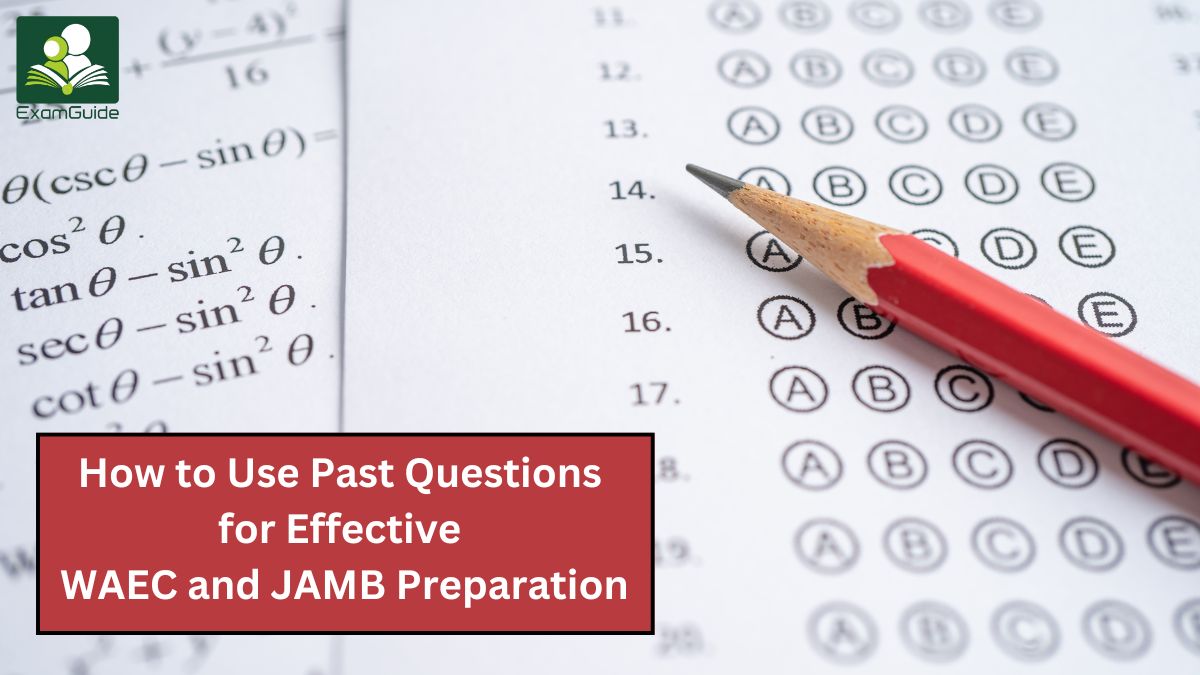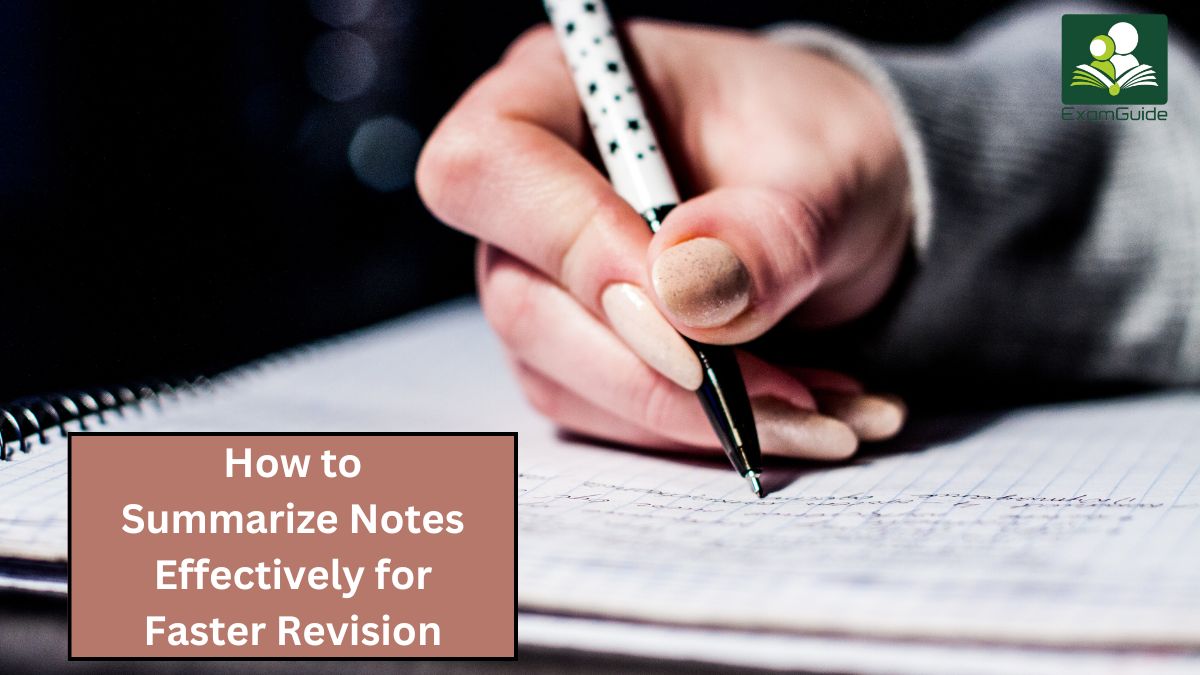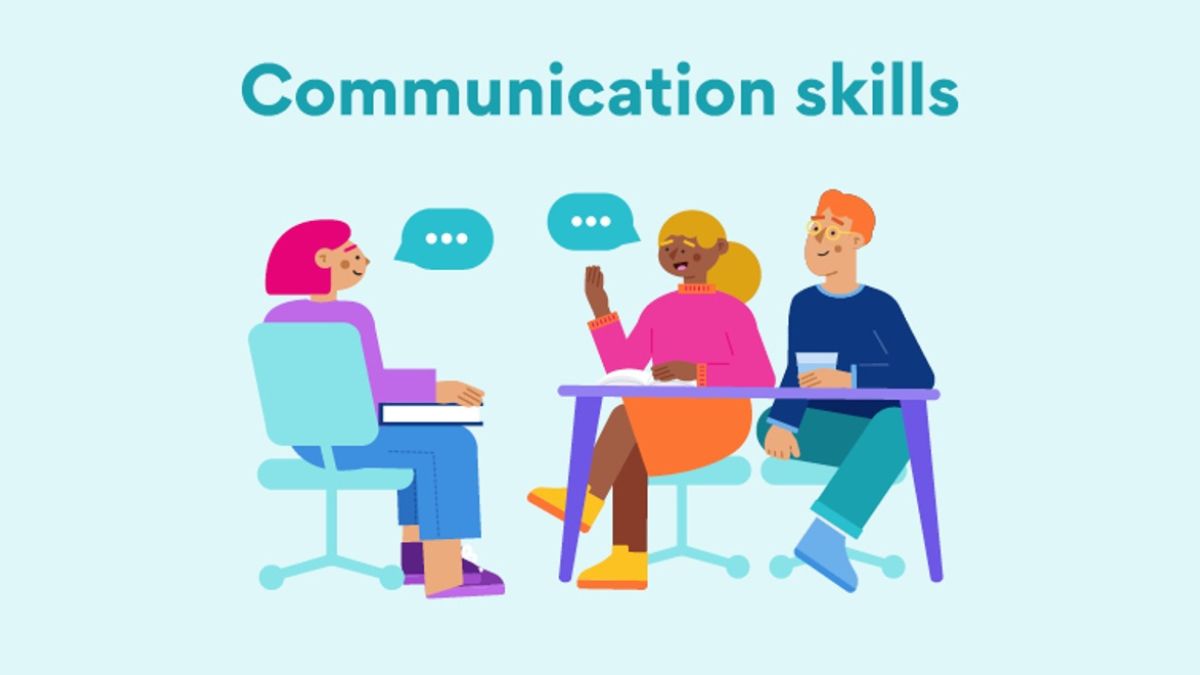
How to Excel in Mathematics: Tips for Nigerian Students
Mathematics can be one of the most challenging subjects for many students, yet it is essential for academic success, especially for those in Nigeria preparing for exams like WAEC, NECO, and JAMB.
Excelling in mathematics requires more than just memorising formulas; it involves understanding concepts, practising regularly, and developing a positive mindset.
This article provides well-detailed strategies to help Nigerian students excel in mathematics and build a strong foundation for future academic and professional pursuits.
Table of Content
How can I improve my math skills?
What resources are best for Nigerian students preparing for WAEC math?
Are there shortcuts to solving math problems quickly?
What common mistakes should I avoid in math exams?
How can I improve my math skills?
1. Develop a Positive Attitude Towards Mathematics
One of the first steps to mastering mathematics is having a positive mindset. Many students start off with a belief that mathematics is too difficult or only meant for a select few. To change this:
- Embrace a Growth Mindset: Understand that everyone can improve their math skills with practice and perseverance.
- Avoid Negative Language: Replace statements like “I’m bad at math” with “I’m improving in math.”
- Stay Motivated: Set small, achievable goals to maintain motivation and celebrate progress.
2. Understand the Basic Concepts
Mathematics builds on itself, so a strong understanding of the fundamentals is crucial:
- Master Basic Operations: Ensure you are comfortable with addition, subtraction, multiplication, and division.
- Learn Number Properties: Familiarize yourself with properties of numbers, such as factors, multiples, and prime numbers.
- Grasp Foundational Topics: Key areas like algebra, geometry, and basic trigonometry often form the basis of more complex problems.
3. Practice Regularly and Consistently
Mathematics requires consistent practice to reinforce learning and improve problem-solving skills. Here’s how to make the most of practice sessions:
- Daily Practice: Dedicate at least 30-60 minutes daily to solving math problems.
- Diverse Problem Sets: Work on a variety of problems to understand different approaches and techniques.
- Timed Practice: Simulate exam conditions by timing your practice sessions to improve speed and accuracy.
4. Utilize Helpful Resources
Leverage available resources to supplement your learning:
- Textbooks and Workbooks: Use reputable textbooks that explain concepts in detail and offer numerous practice problems.
- Online Tutorials: Platforms such as Khan Academy, YouTube, and Nigerian educational sites provide video tutorials and explanations for complex topics.
- Mathematics Apps: Consider using educational apps that provide interactive exercises and quizzes to test your skills.
5. Attend Math Classes and Tutorials
Regular attendance in class and additional tutorials can make a significant difference:
- Be Engaged in Class: Take notes, ask questions, and participate actively in discussions.
- Seek Clarification: If you do not understand a topic, ask your teacher or seek help from peers or tutors.
- Join Study Groups: Collaborate with other students to solve problems together and learn from different perspectives.
6. Learn Problem-Solving Techniques
Mathematics is not just about knowing formulas but understanding how to apply them. Enhance your problem-solving skills with these techniques:
- Break Down the Problem: Start by analyzing the question and identifying the knowns and unknowns.
- Plan Your Solution: Outline the steps needed before attempting to solve the problem.
- Double-Check Your Work: After solving, review your solution for errors and verify that it makes sense.
7. Use Past Exam Papers for Practice
For Nigerian students preparing for WAEC, NECO, or JAMB, practising with past exam papers is invaluable:
- Understand Exam Format: Familiarize yourself with the types of questions that are commonly asked.
- Identify Weak Areas: Use past papers to pinpoint topics where you need more practice.
- Practice Under Exam Conditions: Time yourself when solving past papers to improve time management.
8. Stay Organized and Manage Your Time
Effective time management is essential for balanced study sessions:
- Create a Study Schedule: Plan out your study time, balancing math practice with other subjects.
- Prioritize Difficult Topics: Allocate more time to topics you find challenging.
- Stay Consistent: Stick to your schedule and avoid last-minute cramming, which can lead to stress.
9. Develop Mental Math Skills
Being able to perform calculations mentally can be a huge advantage:
- Practice Basic Calculations: Work on addition, subtraction, multiplication, and division without using a calculator.
- Use Tricks and Shortcuts: Learn multiplication shortcuts and number tricks to speed up your problem-solving.
10. Stay Calm and Confident During Exams
Exam anxiety can impact performance, so it’s important to stay calm:
- Prepare Ahead: Start your exam preparation well in advance to avoid last-minute panic.
- Read Questions Carefully: Ensure you understand each question before attempting to answer it.
- Manage Your Time Wisely: Divide your exam time to allocate a set number of minutes for each question, leaving some time at the end for review.
What resources are best for Nigerian students preparing for WAEC math?
The best resources for Nigerian students preparing for WAEC math include:
- WAEC-Certified Mathematics Textbooks: These are books recommended by WAEC, tailored specifically to the syllabus. Examples include New General Mathematics for Senior Secondary Schools and Essential Mathematics by A.O. Kalejaiye.
- Past WAEC Exam Papers: Practicing with past papers helps students understand the exam format, types of questions frequently asked, and time management. These can be found in bookstores or online resources.
- Online Tutorials and Video Lessons: Websites and platforms such as YouTube, Khan Academy, and Nigerian-based e-learning platforms offer comprehensive math tutorials that break down complex concepts.
- WAEC Practice Apps and CBT Software: Tools like ExamGuide, which provide simulated WAEC exams and mock tests, are excellent for self-assessment and familiarizing with exam conditions.
- Workbooks and Practice Guides: Books that focus on exercises and problem-solving, such as Further Mathematics Practice Books, help students strengthen their understanding and apply math concepts in various scenarios.
- Math Study Groups: Joining or forming a study group allows for collaborative learning and sharing of problem-solving techniques.
- Tutoring Services: Engaging a qualified tutor for personalized instruction can help clarify difficult topics and provide targeted practice.
Are there shortcuts to solving math problems quickly?
Yes, several shortcuts and strategies can help you solve math problems more quickly and efficiently. Here are some common techniques:
1. Mental Math Tricks
- Multiplying by 9: Instead of multiplying directly by 9, multiply the number by 10, then subtract the original number. For example, to multiply 57 by 9:
Multiply 57 by 10 to get 570, then subtract 57. So, 570 - 57 = 513. - Doubling and Halving: If you're multiplying two numbers, try halving one and doubling the other to make the calculation easier. For example, instead of multiplying 24 by 5, halve 24 to get 12, and double 5 to get 10. Now multiply 12 by 10 to get 120.
- Squaring Numbers Ending in 5: For numbers ending in 5, you can use a simple trick: multiply the number (without the 5) by the next number and add 25 at the end. For example, for 25:
Multiply 2 by 3 (the next number) to get 6, then add 25 to get 625.
2. Use of Estimation
- Rounding Off Numbers: If you don't need the exact number, round the numbers to the nearest 10 or 100 to make calculations easier. Afterwards, adjust the result slightly. For example, estimating 53 × 49 can be simplified to 50 × 50 = 2500.
3. Cross-multiplication for Fractions
- Simplifying Fractions Quickly: For proportions or fractions, use cross-multiplication. For example, if you have a ratio like a/b = c/d, you can multiply a by d and b by c to find the relationship quickly.
4. Break Down Complex Problems
- Breaking Problems into Smaller Parts: If you're facing a difficult problem, break it down into smaller steps. For example, to find the area of a circle, first square the radius, then multiply by pi (3.14 or 22/7).
5. Using Divisibility Rules
- Divisibility Tests: Learn the divisibility rules for numbers like 2, 3, 5, 6, and 9. For example, if a number is divisible by 3, the sum of its digits will be divisible by 3. This helps in identifying factors quickly.
6. Multiplying Large Numbers Using the Distributive Property
- Breaking Large Multiplications into Simpler Steps: If you're multiplying large numbers, break them down into smaller parts. For example, to multiply 37 by 56:
Multiply 30 by 50, 30 by 6, 7 by 50, and 7 by 6, then add all the results together to get the answer.
7. The Power of Zero and One
- Multiplying by Zero or One: Multiplying by 1 keeps the number the same, and multiplying by 0 gives zero. These simple rules can help you speed up calculations.
8. Using Proportions for Percentage Problems
- Simple Percentage Calculation: To calculate a percentage of a number, set it up as a proportion. For example, to find 30% of 50:
Set it as 30/100 = x/50, then cross-multiply and solve for x.
9. Using a Calculator Efficiently
- Shortcuts on the Calculator: Use the memory functions and other advanced features on your calculator to save time when solving complex problems.
What common mistakes should I avoid in math exams?
Here are some common mistakes to avoid in math exams:
1. Misreading the Question
- Mistake: Skimming over the question too quickly can lead to missing important details like units, specific instructions, or the exact type of problem being asked.
- Avoidance: Always read the question carefully, at least twice, to ensure you understand what’s being asked. Highlight or underline key points like units or specific instructions.
2. Skipping Steps
- Mistake: Jumping straight into solving without showing all steps or skipping intermediate steps can lead to errors.
- Avoidance: Write down all the steps clearly, even if they seem obvious. This helps avoid careless mistakes and ensures you don’t miss anything important. It also makes it easier to review your work.
3. Incorrectly Handling Negative Numbers
- Mistake: Misplacing negative signs when adding, subtracting, multiplying, or dividing negative numbers.
- Avoidance: Pay extra attention when working with negative numbers. Double-check signs, especially when performing operations involving multiple negative numbers.
4. Not Checking Units
- Mistake: Failing to include or convert units properly, especially in problems involving measurements or rates.
- Avoidance: Always check if the question asks for specific units (e.g., meters, seconds, grams) and make sure you convert between units correctly when necessary.
5. Calculation Errors
- Mistake: Simple arithmetic errors, such as adding or multiplying incorrectly.
- Avoidance: Double-check your calculations, especially when working with larger numbers. Use a calculator if allowed, and even if you’re doing mental math, pause to verify your result.
6. Overcomplicating Simple Problems
- Mistake: Trying to apply complex methods to simple problems, leading to confusion and mistakes.
- Avoidance: Evaluate the problem first to determine the simplest method. Don’t overthink basic questions that can be solved easily with simple calculations.
7. Not Managing Time Well
- Mistake: Spending too much time on one difficult question and leaving little time for other questions.
- Avoidance: Practice time management by setting a time limit for each question or section. If you’re stuck on a problem, move on and come back to it later if time permits.
8. Forgetting to Recheck Work
- Mistake: Rushing through the exam and not reviewing your answers before submitting.
- Avoidance: Leave a few minutes at the end of the exam to go over your answers. Check for any obvious mistakes, such as missing signs or units.
9. Inaccurate Graphing or Plotting
- Mistake: Plotting points incorrectly or drawing graphs with poor accuracy.
- Avoidance: Use a ruler or graphing paper when plotting points or drawing lines. Take time to ensure accuracy in the representation of data.
10. Ignoring the Given Information
- Mistake: Overlooking important information in the question or not using all of the given data.
- Avoidance: Make sure you use every piece of information provided in the question. Don’t ignore any part of the problem that could help in finding the solution.
Conclusion
Excelling in mathematics requires patience, practice, and the right mindset. For Nigerian students, these tips can be the cornerstone for better performance in WAEC, NECO, and JAMB exams.
By staying organized, practising consistently, and using available resources, any student can enhance their math skills and face exams with confidence.
Frequently Asked Questions
How do I handle math anxiety during exams?
Stay calm by practising relaxation techniques like deep breathing. Prepare thoroughly in advance, and approach each question with a clear mind, taking it step-by-step.
Can joining a study group help me excel in math?
Yes, study groups provide an opportunity to learn collaboratively, share different problem-solving strategies, and motivate each other to practice regularly.
How often should I practice math to see improvement?
Daily practice is ideal, but at a minimum, aim to solve math problems 4-5 times a week for consistent improvement.
What is the best way to manage my time during a math exam?
Divide your total exam time based on the number of questions, allocate extra time for reviewing answers, and move on if you get stuck on a question. Time management ensures you answer all questions without rushing.
How can I prepare for both WAEC and JAMB math simultaneously?
The core concepts for both WAEC and JAMB are similar, so practising with past questions for both exams and using comprehensive math textbooks can help you prepare effectively for both.
What should I do if I struggle with a particular math topic?
If you’re struggling with a topic, revisit foundational concepts, seek help from teachers or tutors, use video tutorials for better understanding, and practice targeted problems until you gain confidence.
No comment found
Related Posts

Top 20 Motivational Quotes for Students to Work Hard

How to Use Past Questions for Effective WAEC and JAMB Preparation

Language barriers in Nigerian Education and how to Overcome them

How to Summarize Notes Effectively for Faster Revision

Effective Communication Skills Every Student Should Learn


